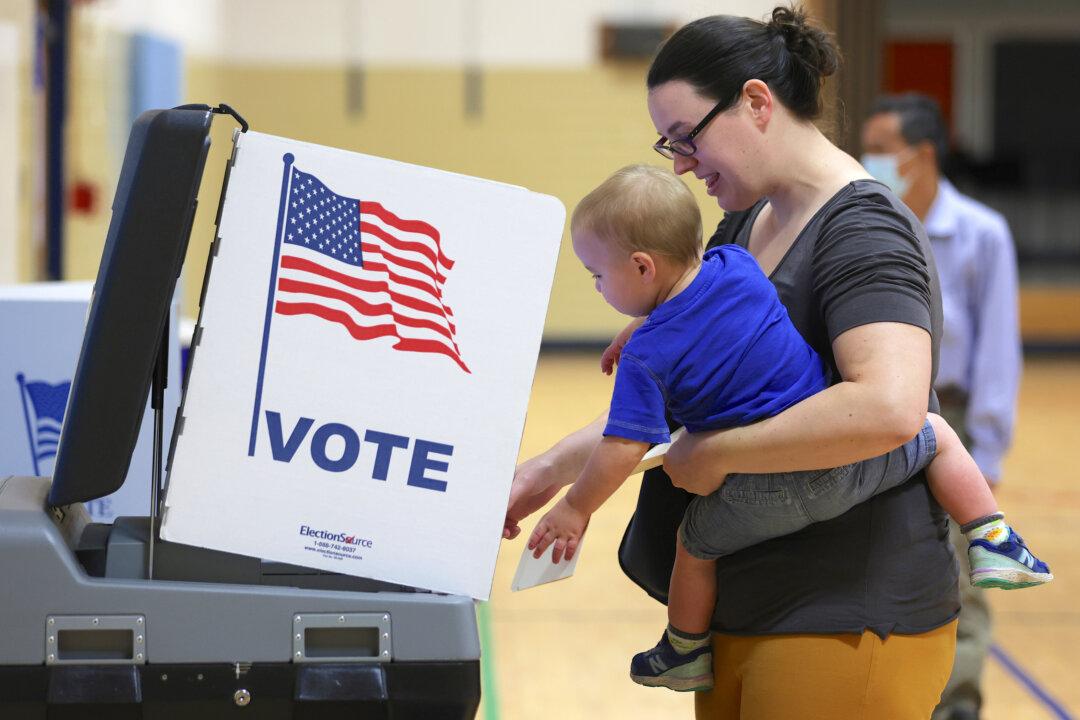Virginia is the latest state to withdraw from the Democrat-run Electronic Registration Information Center (ERIC) over a variety of concerns about how the agency handles voter registration rolls.
Elections Commissioner Susan Beals sent a letter on May 11 to the executive director of ERIC, Shane Hamlin, to say Virginia would no longer participate in the data-sharing program.





